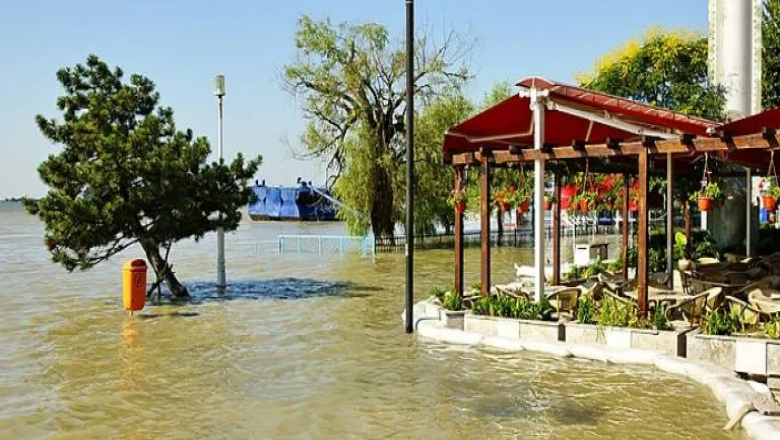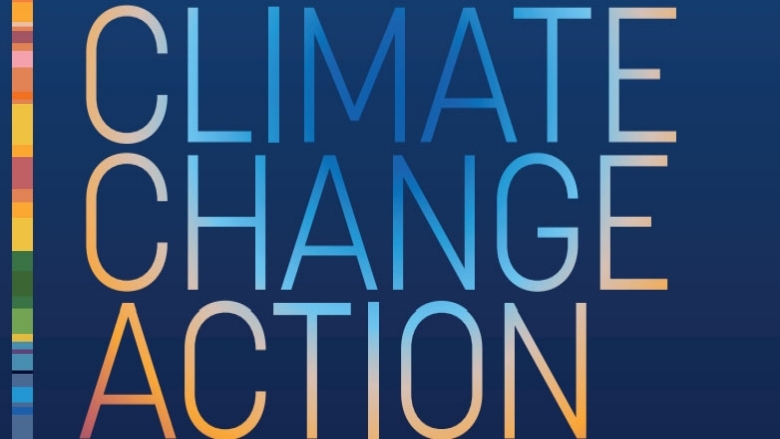Advisory Services and Analytics (ASA) are non-lending activities that help external clients or audiences advance a development objective. The World Bank offers analysis and advice to support design or implementation of better policies, strengthen institutions, build capacity, inform development strategies or operations, and contribute to the global development agenda. Outputs of Advisory Services and Analytics include analytical reports, policy notes, hands-on advice, and knowledge-sharing workshops or training programs.
____________________________________________________________________________________________
Examples
ANALYTICS

Country analytics: Philippines Country Growth and Jobs Report: Running Uphill - Growth, Jobs, and the Quest for Productivity, July 2025
Regional analytics: Jobs and Women: Untapped Talent, Unrealized Growth. MENAAP Economic Update, October 2025
Global analytics: Reboot Development: The Economics of a Livable Planet, September 2025
ADVISORY
Country advisory: Republic of Kazakhstan: Climate Adaptation Options and Opportunities in the Agriculture Sector, May 2024
Regional advisory: Chief Economists of Government (CEoG) Initiative
Global advisory: 2025 Global Digital Summit: Digital Pathways for All
____________________________________________________________________________________________
Reimbursable Advisory Services (RAS) are analytics or advise provided in response to a request from, and paid for by, the recipient of the service (client), under a legal agreement. In providing RAS, the Bank's purpose is to expand the options available to member countries of all income levels, including those that have graduated from the Bank. RAS clients can be central governments; subnational governments; state-owned enterprises; non-governmental and other not-for-profit organizations (such as chambers of commerce); and multilateral institutions, including development banks and regional organizations.
____________________________________________________________________________________________
Examples

Romania - Technical Support for the Preparation of Flood Risk Management Plans
____________________________________________________________________________________________
Core Analytics are the minimum package of country analytics envisioned to strengthen policy advice, country engagements, and quality of operations, and implemented with a mandatory periodicity differentiated by country eligibility. The current list of core analytics includes the following five products:
- The Country Growth and Jobs Report (CGJR). The CGJR is the revamped and renamed Country Economic Memorandum (CEM). It provides a rigorous analysis for the World Bank Group’s core mission in the areas of growth and jobs and helps client countries design and implement a strategy to accelerate economic growth and creation of new and better jobs.
- The Country Private Sector Diagnostic (CPSD 2.0). The CPSD 2.0 is a joint IFC and IBRD/IDA product. It focuses on identification of opportunities for private sector growth at the sector level, private capital mobilization, and enabling reforms and offers recommendations for policy and regulatory reforms, and complementary public investments, to remove constraints to private investment.
- The Poverty and Equity Assessment (PEA). The PEA offers a systematic analysis of poverty, inequality, and livable planet and helps client countries to set policy priorities that can put the country on a sustainable path to ending poverty and promoting shared prosperity on a livable planet.
- The Public Finance Review (PFR). The PFR offers a systematic analysis of efficiency and effectiveness of fiscal policy. It supports the creation of fiscal space by providing analytical foundations and identifying options for revenue-enhancing tax reforms alongside improvements in expenditure efficiency and effectiveness.
- The Country Climate and Development Report (CCDR).The CCDRs are being prepared jointly with IFC and MIGA. The CCDR captures the interplay between development (including poverty reduction, growth, inequality), climate change and climate policies. It investigates how climate change and global decarbonization may impact a country’s development path and priorities; and identifies potential areas for country action in resilience, adaptation and mitigation to improve development outcomes.
Country Climate and Development Reports (CCDR) integrate countries' climate and development considerations.
Integrating climate and development is a pillar of the WBG’s Climate Change Action Plan 2021– 2025, which has been extended until June 30, 2026, and CCDRs advance its implementation.
CCDRs also reflect the country’s climate commitments and identify ways to support their implementation through public and private sector solutions.
Every year, key insights are summarized in an annual report. At COP29, the report People in a Changing Climate: From Vulnerability to Action – Insights from World bank Group Country Climate and Development Reports covering 72 economies complemented the previous two summaries - The Development, Climate, and Nature Crisis: Solutions to End Poverty on a Livable Planet (COP28) and Climate and Development: an Agenda for Action (COP27) - by focusing on the role of people, as they are affected by climate change impacts, but also as essential actors in inventing, designing, and implementing solutions to make development more resilient and to lower emissions.
The list of published CCDRs so far can be found here.
